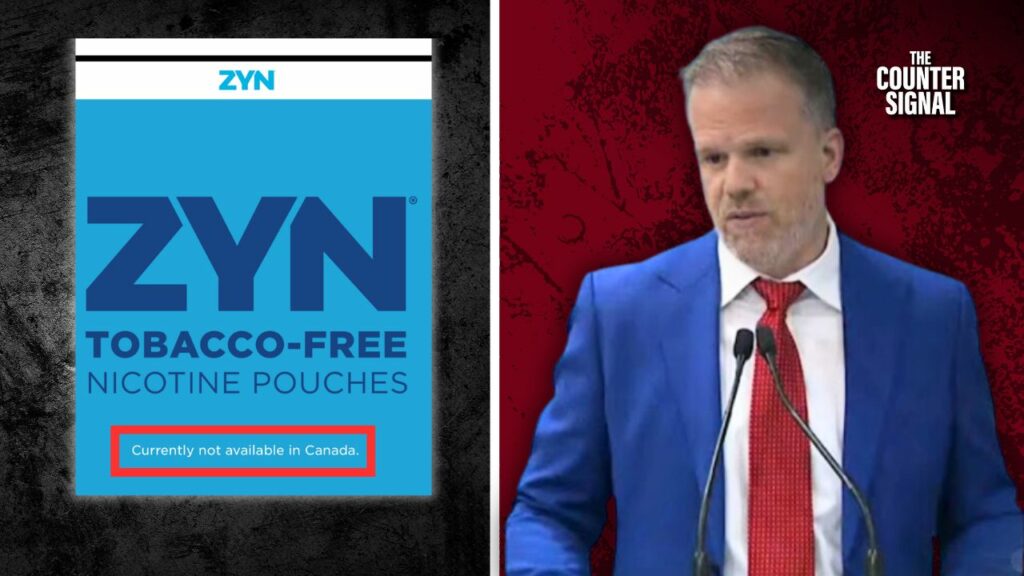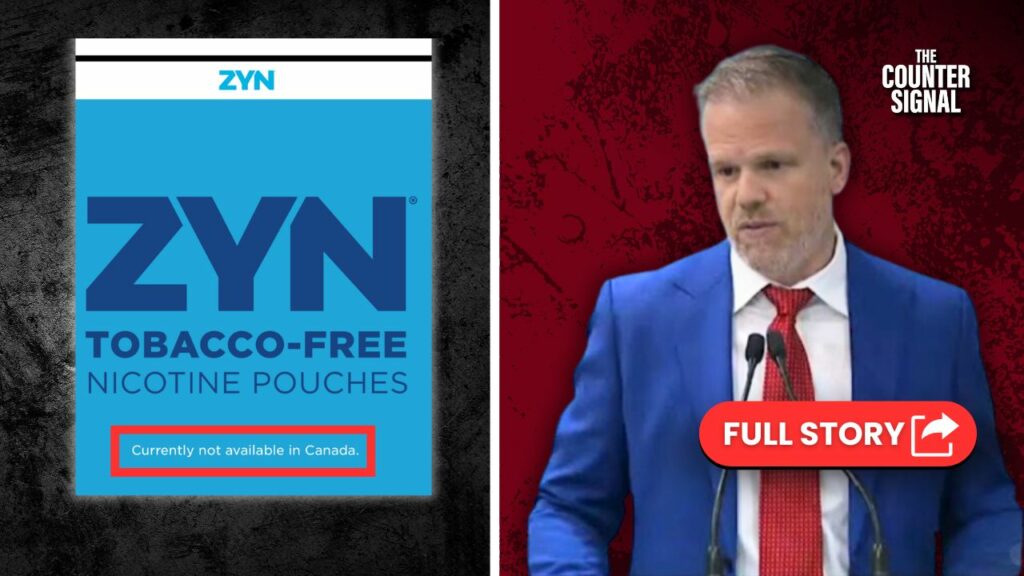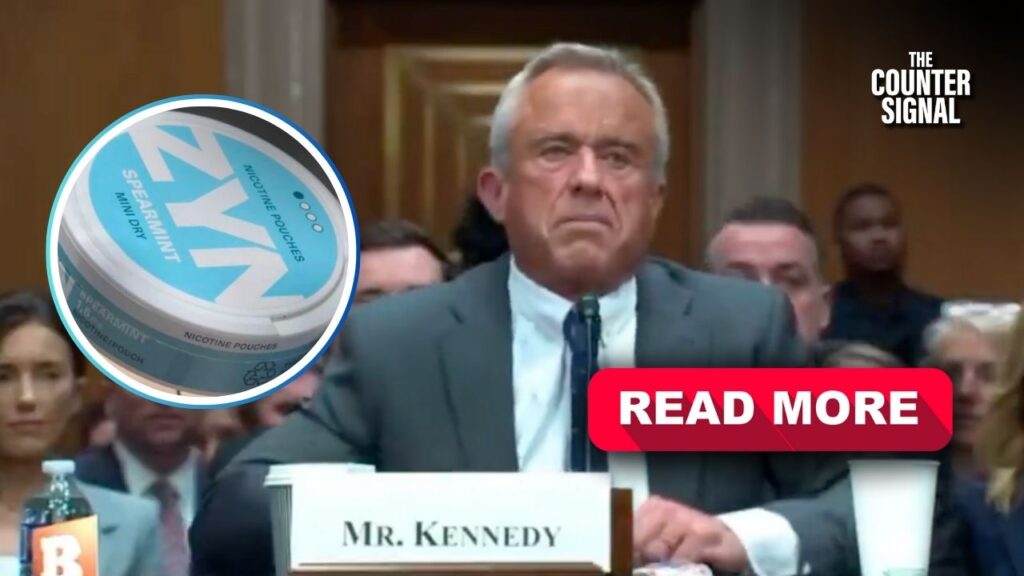Canada may have missed out on a significant investment opportunity due to Prime Minister Justin Trudeau’s recent convenience store ban on smokeless products like ZYN pouches.

Philip Morris International, the company behind the smokeless ZYN pouch brand, announced on Tuesday a $232 million investment to expand a production facility in Kentucky. This investment will expand the tobacco giant’s Owensboro plant, equipping it to produce the popular ZYN product.
This announcement comes just a month after Philip Morris revealed a $600 million investment for a ZYN plant in Colorado.
ZYN has experienced a surge in popularity, with a 54% growth reported in the last quarter as more smokers seek healthier alternatives to traditional tobacco products. Construction of the new Kentucky ZYN expansion has already begun and is expected to be completed next year.
Trudeau’s Restrictions on Lower-Harm Alternatives like ZYN
Last week, the Liberals introduced a range of restrictions on smokeless nicotine products, putting them out of reach of many adult smokers.
“All the stuff that’s clearly designed to target youth, it’s over,” said Health Minister Mark Holland. “It has been so deeply disturbing to see so many young people becoming addicted to these nicotine pouches who’ve never had any interaction with cigarettes.”
These changes come at a time when crack pipes are being made available in free vending machines outside Canadian hospitals.
Brayden Akers, a spokesman for Rothmans, Benson & Hedges Inc., a subsidiary of Philip Morris International, criticized Holland’s statements. “We are emphatic – our company believes that no nicotine or nicotine-containing product should ever be in the hands of youth, and we support regulations that restrict the sale of these products to adults.”
Despite this, Akers emphasizes the importance of making smokeless products available to adults who want to quit smoking.
“Restricting access to smoking cessation aids behind counters in pharmacies will have the unintended consequence of pushing adult smokers to continue smoking or seeking out unregulated and illegal alternatives from the contraband market.”
“There is no principled or evidence-based reasoning to single out these products and treat them differently than other forms of nicotine replacement therapy.”











Mark Holland is obviously mentally ill.